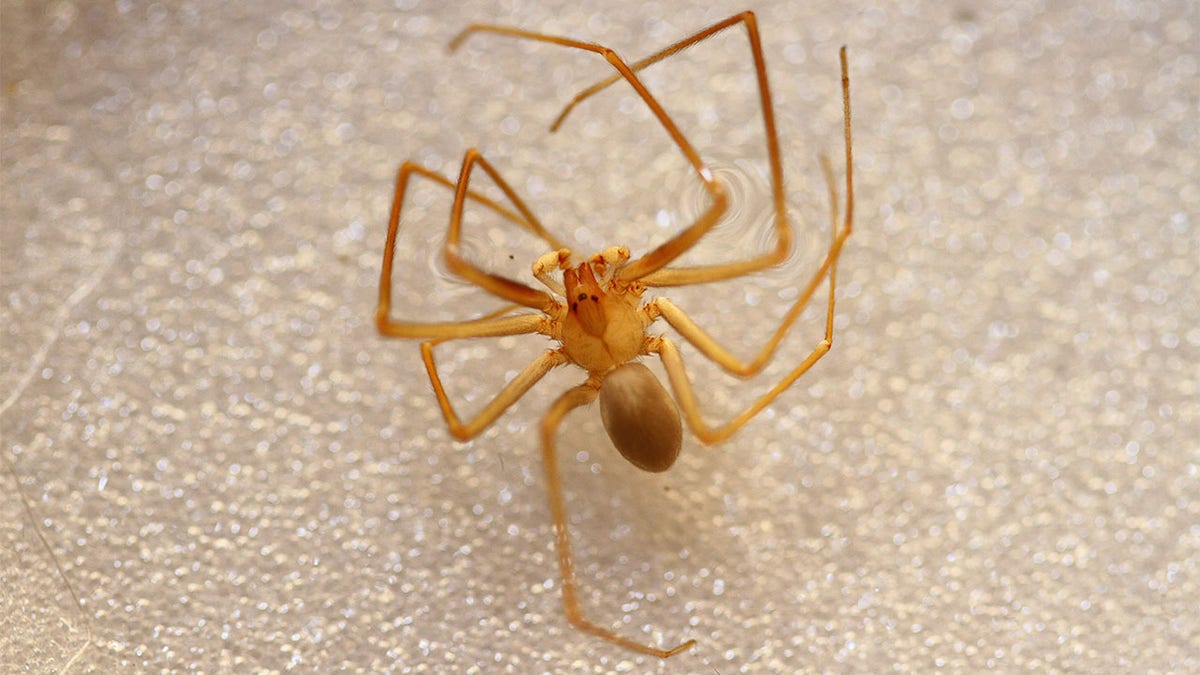Fox News Flash top headlines for February 24
Fox News Flash top headlines are here. Check out what's clicking on Foxnews.com.
The University of Michigan shut down a library building for two days after staff made a skin-crawling discovery of three venomous spiders in a basement storage area.
The Mediterranean recluse spiders were found in late January in the Shapiro Undergraduate Library on the school's Ann Arbor campus during a routine inspection.
MERELIZE VAN DER MERWE FACES BACKLASH FOR POSING WITH HEART OF GIRAFFE SHE KILLED
The library reopened Tuesday after being closed Sunday and treated Monday for spiders. The spiders were not found in any public spaces, university spokeswoman Kim Broekhuizen said in a statement.
"A misunderstanding of the situation led the library to close for two days," Broekhuizen said in a statement. "Based on what we all know now, library managers agree that it was a mistake to close the building and they apologize for the inconvenience to the university community."

The Mediterranean recluse spider has necrotic venom that can cause minor skin irritation to tissue death, according to experts. - File Photo (Getty Images)
Cousin to the brown recluse, Mediterranean recluse bites can cause symptoms ranging from minor skin irritation to tissue death, according to University of Michigan-Dearborn professor Anne Danielson-Francois, who identified an adult male spider that was caught in a glue trap at the library.
"The Mediterranean recluse is one of these cosmopolitan species, it hitchhikes with people throughout the world," Danielson-Francois told FOX2 Detroit. "It's been found in 22 states."
CLICK HERE TO GET THE FOX NEWS APP
The spiders are known to like caves and can be found in basements and boiler rooms. But Danielson-Francois said that those browsing the library bookshelves would not likely be at risk for a bite.
"You're really unlikely to be in any kind of danger unless you have to be in close contact," she told the Detroit Free Press. "But if you're the plumber crawling through a crawl space that has a lot of these spiders, then you could be bit, and that would be concerning. But just walking around the library stacks, it's a very, very low risk."
The Associated Press contributed to this report.









































